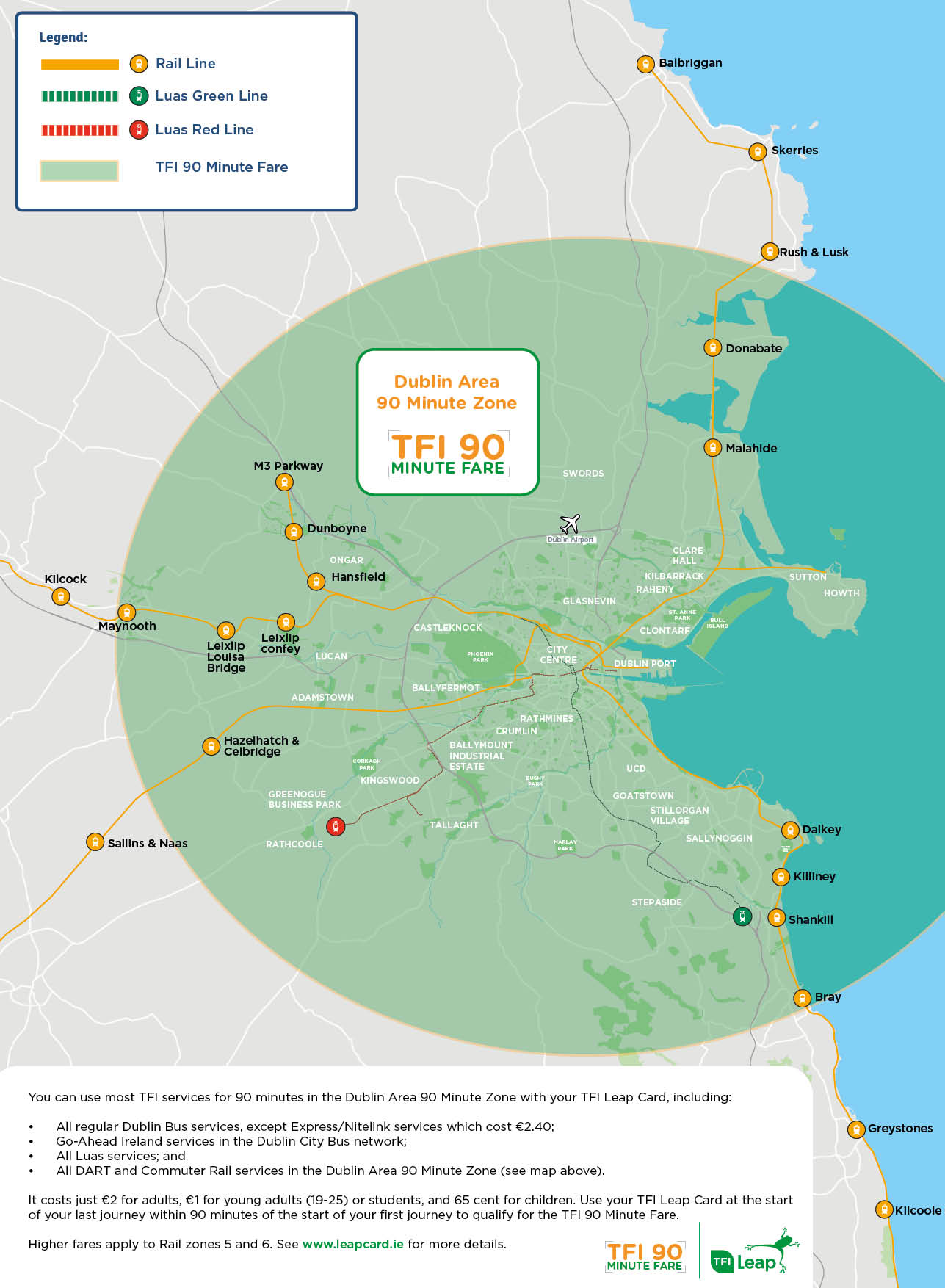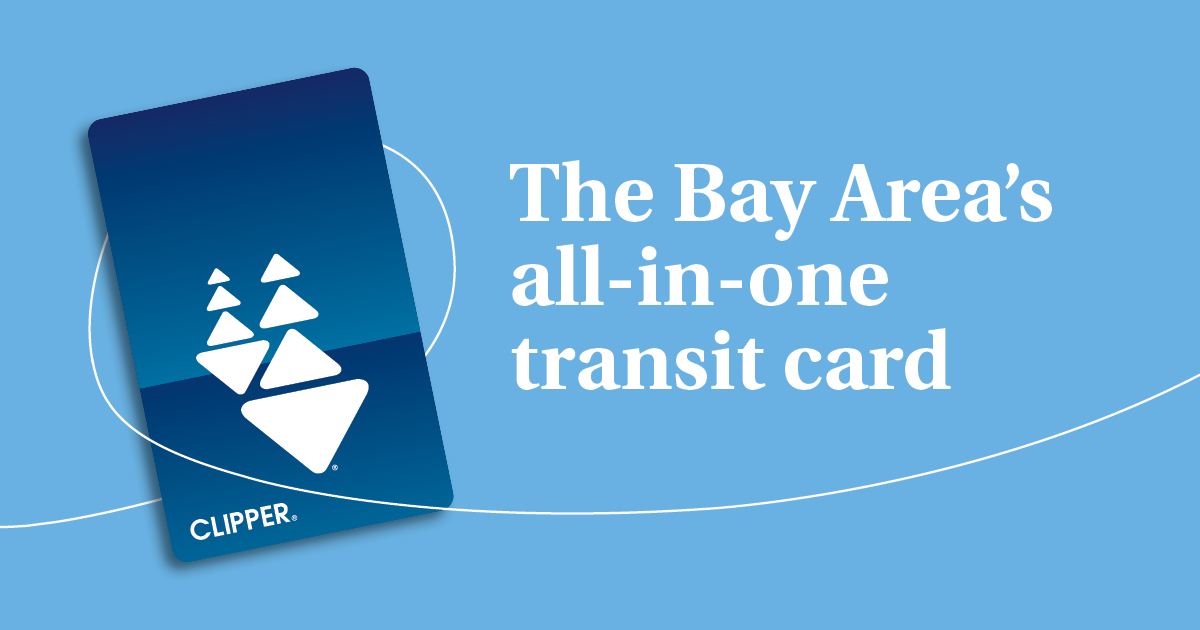I don't believe motor tax is a net earner, even if you only take into account the most directly-related costs like road building and maintenance (e.g. I remember the Dundrum bypass alone cost tens of millions for a kilometer or so of road back in the early 2000's for example).No, as private motoring is heavily taxed, it constitutes a huge net earner for the taxpayer, notwithstanding its obvious negative externalities.
On that basis, my original point clearly stands.
Expecting people to walk or cycle dozens of miles daily is not a remotely sustainable strategy, especially on inadequate roads.
Is your statement your opinion or a fact?
Also, the other costs (medical, etc.) of private cars to the tax payer are real and not just of theoretical interest. All of us taxpayers pay for this.
I think we're talking about different things (and different locations). Like I say, I live in Dublin and there are lots of good opportunities for walking and cycling the (often) very small distances people need to travel to school/work/etc. but most people drive in their cars and block up the roads, causing frustration all round. That has to change.Expecting people to walk or cycle dozens of miles daily is not a remotely sustainable strategy, especially on inadequate roads.

